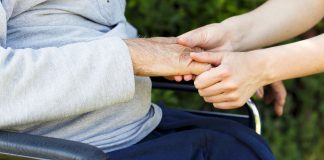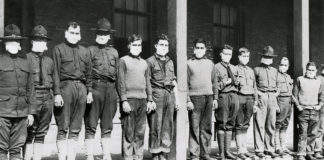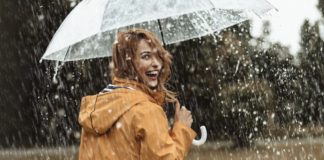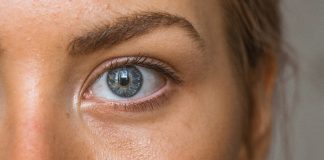How the antibiotic apocalypse can be avoided
“By 2050, AMR could potentially kill one person every three seconds and become a more common cause of death than cancer.”
COVID-19: A certain God in an uncertain world
“If anything kills over 10 million people in the next few decades, it’s most likely to be a highly infectious virus rather than a war — not missiles but microbes. We are not ready for the next epidemic” – these were the words Bill Gates said at the beginning of his speech at TED Talk conference on April 3, 2015.
Coronavirus health information: The great dilemma of quality sources
What are the most reliable sources of information on the coronavirus, and what are the arguments that advocate for their reliability?
Are you really okay?
Let me ask you a question: if a friend of yours or I were to stand in front of you today and ask, “Are you OK?” how would you respond? Could you, or would you, share how you really are? As a society, we seem to be becoming more and more aware of the mental health crisis we are in. On 8 September, Australia...
COVID-19: Rehearsal for the big surprise
There has been a lot of speculation in the online environment about COVID-19 and the end of the world, but the connection between the two is more subtle than it first appears. It has been suggested that the pandemic is only the tip of the iceberg, that it is one of the seven last plagues of Revelation, or that it is the fourth...
How can the church support those affected by dementia?
According to experts and organisations that support this category of patients, people suffering from dementia and their caregivers need all the congregational support they can get.
Vaping: New war, same enemy
Breathing is an act most of us take for granted, and there seems to be plenty of oxygen to go around. Yet, according to the World Health Organization, the use of e-cigarettes (aka vaping) has been on a steady incline during the last few years.
COVID-19: Why the Bible’s perspective on social distancing might be a solution
The great challenge facing the world’s leaders right now is identifying an optimal response to a disease bearing several characteristics that make it difficult to combat.
Spanish flu to COVID-19: Lessons from a forgotten pandemic
The Spanish flu filled graves in almost every cemetery in the world. However, surprisingly, this tragedy had largely been forgotten until recently. A century later, the issue returned to the centre of attention, with specialists wondering if they can identify a pattern in the evolution of the COVID-19 health crisis based on the pandemic from a century ago.
Sexual abstinence: absurd, an option, or a necessity?
It was 1984 when hospitals in southern China were besieged by young people in a state of extreme agitation. Thousands of people, of both sexes, were suffering from panic attacks accompanied by fear of death because of the overwhelming belief that their sexual organs were retracting and disappearing, or that their nipples were retracting into their breasts.
COVID-19: Lessons on happiness from an invisible teacher
When life takes a bad turn, we are often tempted to console ourselves with nostalgia. We begin to look at the past in a different light. We realise that we had been too demanding of ourselves, of others, of the world. That even though we had everything we needed we still wanted more. That we were always looking for something else, without paying...
A rapid test concerning COVID-19 and religious freedom
At the heart of Religious Liberty is the issue of worship. Religious Liberty is the freedom to worship according to one’s own conscience.
Protect yourself from the infodemic. Which doctors give us reliable information about COVID-19?
In addition to the COVID-19 pandemic, caused by the coronavirus, an "infodemia" is spreading, as described by the World Health Organization (WHO). The overabundance of information, some false or incomplete, about the virus, about its origin and effects, as well as the measures taken by the authorities to combat the pandemic reduce people’s chances of finding reliable information about COVID-19 and the advice...
The light of the eyes and mind
In Mexico, diabetic retinopathy is a significant challenge. Professor Pedro Gomez is the director of the Ophthalmology Institute of the University Hospital of Montemorelos in Mexico, renowned for the highest number of eye surgeries in Latin America.
Websites with reliable information about COVID-19: How to choose our medical sources of information
Obtaining information in the medical field does not only pose theoretical or scientific problems—it also has very high stakes. Taking data and suggestions from providers who disseminate incorrect or incomplete information can lead to sickness or even death, because these sources provide ineffective or harmful treatment recommendations. What follows is a list of websites with reliable information about COVID-19 we recommend consult regularly.


























